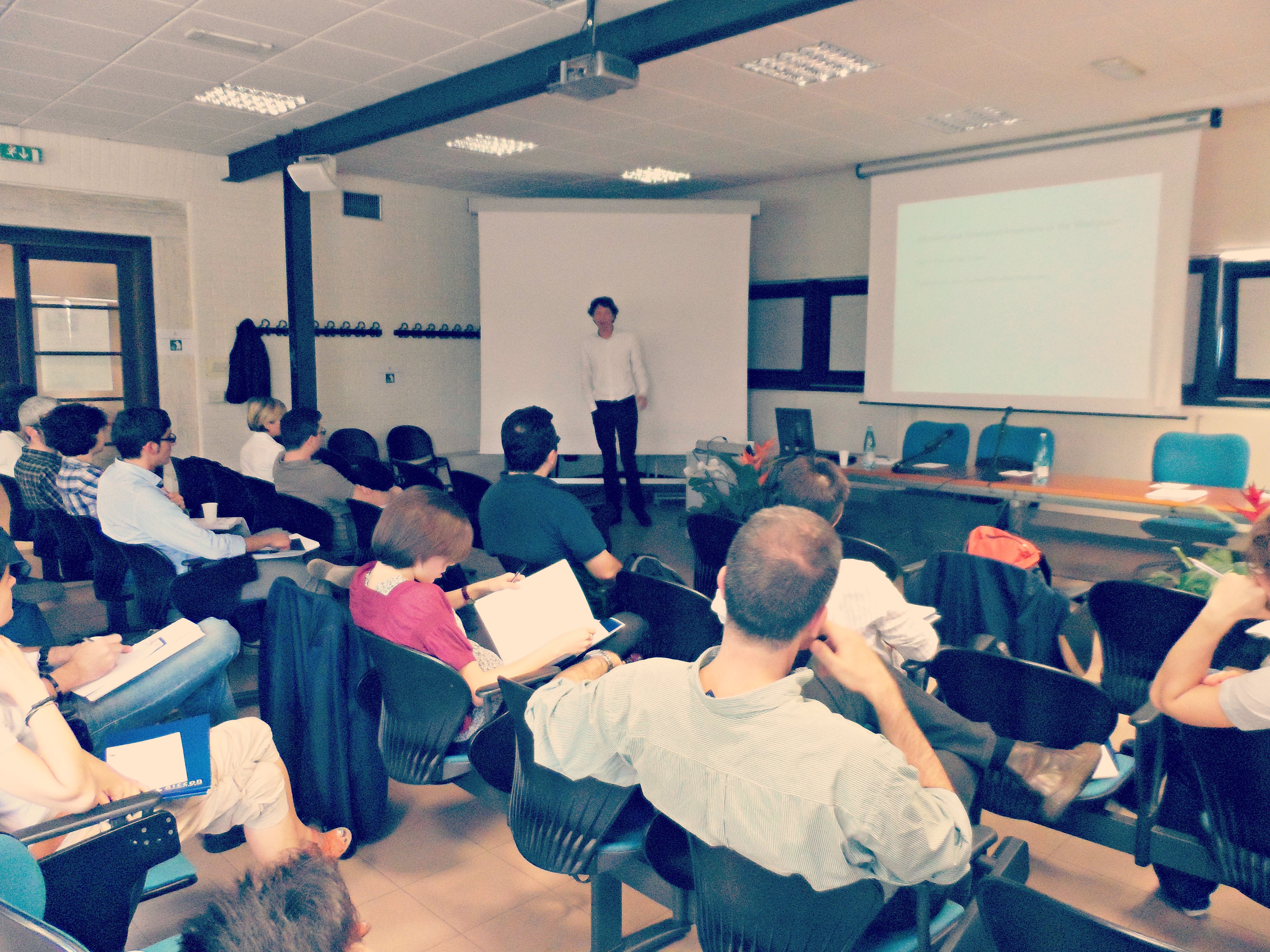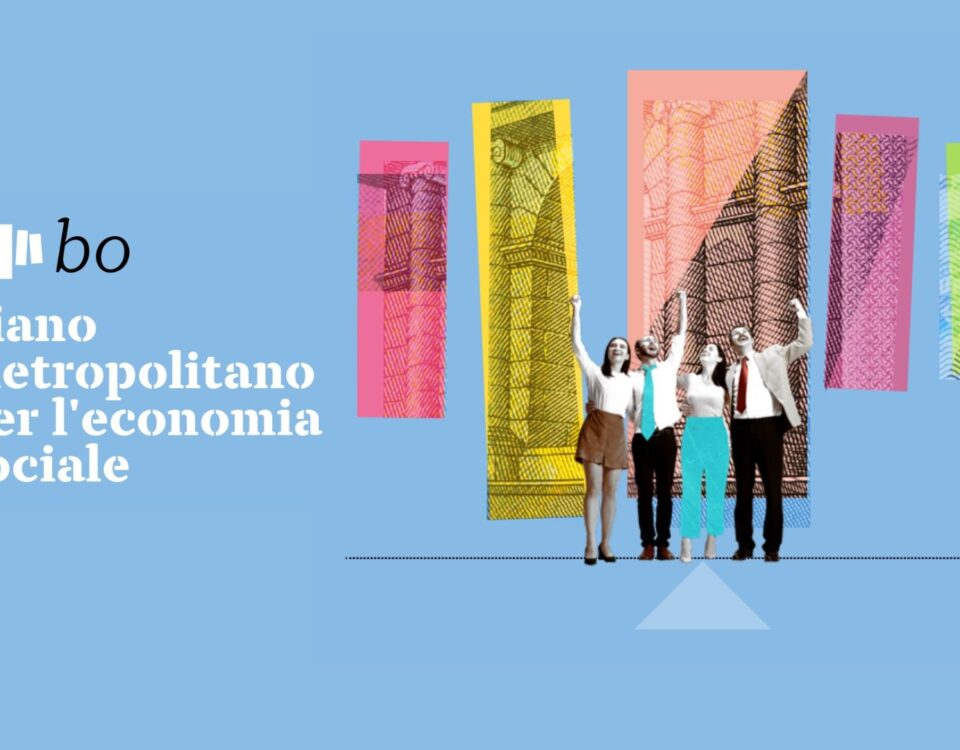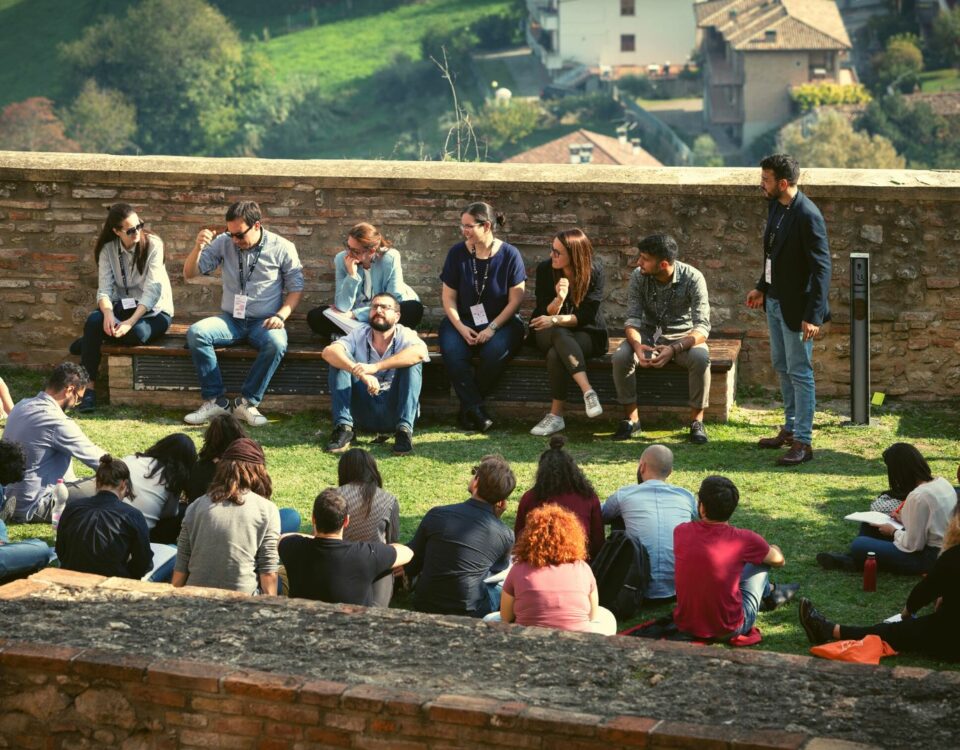
The 13 th. Workshop on Social Economy for Young Economists
27 June 2016
International Workshop on Social Investment
30 September 2016Dal 5 al 7 settembre, Sara Rago (coordinatrice Area Ricerca di AICCON) parteciperà all’VIII edizione dell’International Social Innovation Research Conference (ISIRC) presentando un lavoro di ricerca dal titolo “Financing Social Entrepreneurship. Differences and similarities among Italian Social Enterprise“.
Abstract del Paper “Financing Social Entrepreneurship. Differences and similarities among Italian Social Enterprise” presentato da Sara Rago all’interno della Sessione “Hybridity & Conflicting Logics”.
The paper aims at exploring differences and similarities in ways of financing Italian social enterprises. In fact, a new model of social enterprise developed in recent years: hybrid organisations promoted by Italian social co-operatives. Assuming social co-ops as the “original” hybrids (1), Italian hybrid organisations are a new form of social enterprises (so called “Second Generation Hybrids” – SGHs) as result of social innovation paths in business models, organisational forms, leadership styles, governance models, and financial resources structure. Regarding the latter, SGHs to balance the financing derived from donations and those of other natures, traditionally more oriented to finance the business activities (2) due to their marked entrepreneurial dimension and market-orientation. Thus, a hybrid organisation may have a plurality of economic resources, among which those deriving from the sale of products/services to customers/users or from public subsidies related to their social mission, rather than by private donations.
Based on an international literature review on hybrid organisations, the paper is particularly focused to highlight Italian hybrid organisations features (hybridisation markers) basing on a database collecting information on 74 hybrid organisations originated from Italian social co-ops (particularly within CGM cooperative network (3). Moreover, we will point out financial and economic data collected on Italian social co-ops (n. sample = 250) and hybrid organisations (n. sample = 25) through a research survey and balance sheets analysis. Data outline as SGHs demonstrates to be more inclined to investments and to mobilise financial resources in comparison to social co-operatives consistently to the innovative features expressed at the different levels of their organisational structures. For instance hybrids maintain a higher number of relationships with banks in comparison to social co-ops, particularly in order to invest in their activities. Moreover they present high percentages related to loan applications as well as to loan concessions.
Keywords: hybrid organisation, social enterprise, finance
1) Grassl, W. (2012), Business Models of Social Enterprise: A Design Approach to Hybridity, «ACNR Journal of Entrepreneurship Perspectives», 1 (1), 37-60; Spear, R. (2011), Co-operative Hybrids, paper presented at the «Conference of Research Committee of the International Co-operative Alliance», September 2-4, 2010.
(2) Doherty, B., Haugh, H., Lyon, F. (2014), Social Enterprises as Hybrid Organizations: A Review and Research Agenda, «International Journal f Management Reviews», 16 (4), 417-436; Haigh, N. & Hoffman, A., (2012), Hybrid organizations: the next chapter of sustainable business, «Organizational Dynamics», 41 (2), 126-134.
(3) www.cgm.coop



